- Home
- Nora Roberts
Blood Magick Page 4
Blood Magick Read online
Page 4
Connor only grinned, a quick flash from a handsome face, a quick twinkle in moss green eyes. “Now he’s dry all the faster, and you don’t have a wet towel to wash.”
Iona and Boyle came in, hand in hand. A pair of lovebirds, Branna thought. If anyone had suggested to her a year before that the taciturn, often brusque, former brawler could resemble a lovebird, she’d have laughed till her ribs cracked. But there he was, big, broad-shouldered, his hair tousled, his tawny eyes just a little dreamy beside her bright sprite of an American cousin.
“Meara will be right down,” Iona announced. “She had a call from her sister.”
“All’s well?” Connor asked. “Her ma?”
“No problems—just some Christmas details.” Without being asked she got out flatware to finish what Connor started, and Boyle put the kettle on for tea.
So Branna’s kitchen filled with voices, with movement—and she could admit now that she’d had coffee—with the warmth of family. And then excitement as Meara dashed in, grabbed Connor and pulled him into a dance.
“I’m to pack up the rest of my mother’s things.” She did a quick stomp, click, stomp, then grabbed Connor again for a hard kiss. “She’s staying with my sister Maureen for the duration. Praise be, and thanks to the little Baby Jesus in his manger!”
Even as Connor laughed, she stopped, pressed her hands to her face. “Oh God, I’m a terrible daughter, a horrible person altogether. Dancing about because my own mother’s gone to live with my sister in Galway and I’ll not have to deal with her on a daily basis myself.”
“You’re neither,” Connor corrected. “Are you happy your mother’s happy?”
“Of course, I am, but—”
“And why shouldn’t you be? She’s found a place where she’s content, where she has grandchildren to spoil. And why shouldn’t you kick up your heels a bit, as she won’t be ringing you up twice a day when she can’t work out how to switch out a lightbulb?”
“Or burns another joint of lamb,” Boyle added.
“That’s the bloody truth, isn’t it?” So Meara did another quick dance. “I’m happy for her, I am. And I’m wild with joy for my own self.”
When Fin came in Meara launched herself at him—and gave Branna a moment to adjust herself, as she had to do whenever he walked in her door.
“You’ve lost a tenant, Finbar. My ma’s settled once and done with my sister.” She kissed him hard as well, made him laugh. “That’s thanks to you—and don’t say you don’t need it—for the years of low rent, and for holding the little cottage in case she wanted to come back to Cong.”
“She was a fine tenant. Kept the place tidy as a church.”
“The place looks fine now, it does, with the updates we’ve done.” As Iona took over the table setting, Connor grabbed his first coffee. “I expect Fin will have someone in there, quick as you please.”
“I’ll be looking into it.” But it was Branna he looked at, and into. Then saying nothing, took Connor’s coffee for himself.
She kept her hands busy, and wished to bloody hell she’d done that little glamour. No restless night showed on his face, on that beautiful carving of it, in the bold green eyes.
He looked perfect—man and witch—with his raven black hair damp from the rain, his body tall and lean as he shed his black leather jacket, hung it on a peg.
She’d loved him all her life, understood, accepted, she always would. But the first and only time they’d given themselves to each other—so young, still so innocent—the mark had come on him.
Cabhan’s mark.
A Dark Witch of Mayo could never be with Cabhan’s blood.
She could, would, and had worked with him, for he’d proven time and again he wanted Cabhan’s end as much as she. But there could never be more.
Did knowing it pained him as it did her help her through it? Maybe a bit, she admitted. Just a bit.
She took the platter heaped with pancakes she’d already flipped from the skillet out of the warmer, added the last of them.
“We’ll sit then, and eat. It’s your Nan’s recipe, Iona. We’ll see if I did her proud.”
Even as she lifted the platter, Fin took it from her. And as he took it, his eyes met and held hers. “You’ve a story to go with them, I’m told.”
“I do, yes.” She took a plate full of bacon and sausage, carried it to the table. And sat. “Not an hour ago I sat here and had a conversation with Sorcha’s Brannaugh.”
“She came here?” Connor paused in the act of sliding a stack of pancakes onto his plate. “Our kitchen?”
“She did. I’d had a restless night, full of dreams and voices. Hers among them. I couldn’t be sure of the place as it was vague and scattered as dreams can be.” She took a single pancake for herself. “I was here, getting my first cup of coffee, and I turned around. There she was.
“She looks like me—or I like her. That was a jolt of surprise, just how close we are there—though she was heavily pregnant. Her son comes today—or not today, as in her time it was still a fortnight to Samhain.”
“Time shifts,” Iona murmured.
“As you say. They’d gone to Ballintubber Abbey on the way here. That’s where the dream took me.”
“Ballintubber.” Iona shifted to Boyle. “I felt them there, remember? When you took me to see it, I felt them, knew they’d gone there. It’s such a strong place.”
“It is, yes,” Branna agreed. “But I’ve been there more than once, as has Connor. I never felt them.”
“You haven’t been since Iona’s come,” Fin pointed out. “You haven’t been there since the three are all in Mayo.”
“True enough.” And a good point, she was forced to admit. “But I will, we will. On your wedding day, Iona, if not before. She said the others, those before us, guard the place, so Cabhan’s barred from it. He can’t go in, see in. It’s a true sanctuary if we find we need one. They, who came before, gave light and strength to the three. And hope—I think she needed that most.”
“And you,” Iona said, “all of us. Hope wouldn’t hurt us either.”
“I’m more for doing than hoping, but it gave her what she needed. I could see it. She said—in the dream, and here—we will prevail. To believe that, and they’ll be with us when we face Cabhan again. To find the way. To know, if it isn’t for us to finish, another three will come. We will prevail.”
“Though it takes a thousand years,” Connor added. “Well then, I’m fine with hope, fine with doing. But I’ll be buggered if I wait a thousand years to see the end of Cabhan.”
“Then we find the way, in the here and the now. I had pancakes once when I went to Montana in the American West,” Fin commented. “They called them something else . . .”
“Flapjacks, I bet,” Iona suggested.
“That’s the very thing. They were brilliant. These are better yet.”
“You’ve rambled far and wide,” Branna said.
“I have. But I’m done with rambling until this is done. So, like Connor, a thousand years won’t suit me. We find the way.”
Just like that? Branna thought and struggled against annoyance. “She said they’d be with us, next time we faced him down. But they were there on Samhain, and still he got away from us.”
“Only just there, or barely,” Connor remembered. “Shadows like? Part of the dream spell we cast, that could be. How would we bring them full—could it be done? If we could find that way, how could we not end him? The first three, and we three. And the three more with us.”
“Time’s the problem.” Fin sat back with his coffee. “The shifts. We were there on Samhain, but from what you say, Branna, they were not. So they were but shadows, and unable to take part. We have to make the times meet. Our time or theirs, but the same. It’s interesting, an interesting puzzle to solve.”
“But what time and when?” Branna demanded. “I’ve found two, and each should have worked. The solstice, then Samhain. The time should have been on the side of light. The spells we
worked, the poison we created, all done to mesh with that specific time and place.”
“And both times we wounded him,” Boyle reminded her. “Both times he bled and fled. And the last? It should’ve been mortal.”
“His power’s as dark as ours is light,” Iona pointed out. “And the source of it heals him. Longer this time. It’s taking longer.”
“If we could find his lair.” Connor’s face turned grim. “If we could go at him when he’s weakened.”
“I can’t find him. Even the two of us together failed,” Fin reminded him. “He has enough, or what feeds him has enough to hide. Until he slithers out again, and I—or one of us—can feel him, we wait.”
“I’d hoped by Yule, but that’s nearly on us.” Branna shook her head. “I’d hoped we could take him on by Yule, though that was more from a wanting it done than a knowing it was the time. I haven’t found it in the stars. Not yet anyway.”
“It seems to me we have an outline of the work needed.” Boyle lifted a shoulder. “Finding the day, the time. Finding the way to bring the first three into it, if that’s a true possibility.”
“I believe it is.” Fin looked at Branna.
“We’ll study on it, work on it.”
“I’ve time this morning.”
“I have to go into the shop, take stock in. I’m barely keeping up with the holidays.”
“I can help tomorrow, my off day,” Iona offered.
“I’ll take it.”
“I want to finish a little shopping myself,” Iona added. “My first Christmas in Ireland. And Nan’s coming. I can’t wait to see her, and to show her the house—well, what there is of it.” She leaned into Boyle. “We’re building a house in the woods.”
“She changed her mind on the tiles in the big bath again,” Boyle told the room at large.
“It’s hard to decide. I’ve never built a house before.” She looked at Branna. “Help me.”
“I told you there’s little I’d love more. Give me tomorrow, and we’ll spend an hour or so over wine at day’s end for looking at tile and paint samples and so on.”
“Connor and I start talking about what we might want our place to look like, sitting in the field above the cottage here. And my brain goes to mush instantly.” Meara swirled a bite of pancake in syrup. “I can’t really get my mind around the building of a place, and the knowing down to the color of paint on the walls.”
“Well, come for the wine and we’ll play with yours as well. And speaking of houses,” Branna added as she saw the door opening to her early-morning thoughts. “The lot of you have places—Boyle’s, Meara’s. There’s no need for all of you to pack yourself in here every night.”
“We’re better together,” Connor insisted.
“And there wouldn’t be the idea that sleeping at Meara’s flat would mean oatmeal for breakfast most mornings?”
He grinned. “It would be a factor.”
“I’ve a fine way with oatmeal.” Meara poked him.
“That you do, darling, but did you taste these pancakes?”
“I confess even my famous oatmeal can’t rise up to them. You’re after a bit of space,” Meara said to Branna.
“I wouldn’t mind some, now and again.”
“We’ll work on that as well.”
“It seems we’ve plenty to be working on.” Boyle rose. “I’d say we have to start with clearing up Branna’s kitchen, and getting to the work that makes our living.”
“When will you be back from your shop business?” Fin asked Branna.
She’d hoped the divergence of talk had distracted him off that, and should have known better. More, she admitted, avoiding working with him couldn’t be done. Not for the greater good.
“I’ll be back by two.”
“Then I’ll be here at two.” He rose, picked up his plate to take it to the sink.
• • •
MAKING A LIVING HAD TO BE DONE, AND IN TRUTH, BRANNA enjoyed the making of hers. Once her house was empty and quiet, she went up to dress for the day, banked her bedroom fire to a simmer.
Down in her workshop she spent the next hour wrapping the fancy soaps she’d made the day before. Adding the ribbons and dried flowers to the bottles of lotions she’d already poured.
Candles she’d scented with cranberry she tucked into the fancy gift boxes she’d bought for the holiday traffic.
After a check of the list her manager had given her, she added salve, bath oil, various creams, noted down what needed replenishing, then began to carry boxes out to her car.
She’d intended to leave the dog home, but Kathel had other plans and jumped right in the car.
“After a ride, are you? Well, all right then.” After one last check, she slid behind the wheel, and took the short drive to the village of Cong.
The rain and the cold discouraged any tourists pulled to the area in December. She found the steep streets empty, the abbey ruins deserted. Like a place out of time, she thought, with a smile.
She loved it, empty in the rain, or full of people and voices on a fine day. While she sold straight out of her workshop from time to time—especially to those who might come in hoping for a charm or spell—she’d chosen to place her shop in the village where the tourists and locals could easily breeze in. And as she was ever practical, where they might exchange some euros for what she made herself.
She parked in front of the whitewashed building, the corner shop on the pretty side street where the Dark Witch was housed.
Kathel jumped out behind her, waited patiently despite the rain while she unloaded the first box of stock. She elbowed open the door to a cheery ring of bells, walked into the lovely scents, the pretty lights of what she’d made herself, for herself.
All the lovely bottles, bowls, boxes on shelves, candles flickering to add atmosphere—and that lovely scent. Soft colors to soothe and relax, bold ones to energize, hunks of crystal placed just so for power.
And of course, the fuss for the holiday with the little tree, the greenery and berries, some ornaments she bought from a woman in Dublin, the jeweled wands and stone pendants she bought from a Wiccan catalog because people expected such things in a shop called the Dark Witch.
And there was Eileen, her pixie-sized body up on a step stool, cleaning a high shelf. Eileen turned, her bold green glasses slipping down her pug of a nose.
“Well now, it’s the lady herself, and glad I am to see you, Branna. I hope you’ve come with more of those cranberry candles, for I sold the very last of them not fifteen minutes ago.”
“I have two dozen more, as you asked. I would’ve thought too many, but if we’re fully out, you were right again.”
“It’s why you made me manager.” Eileen stepped down. She wore her dark blond hair in a scoop, dressed always smart—today in tall boots under a pine green dress. She was barely five feet altogether, and had borne and raised five strapping sons.
“More in the car then? I’ll go fetch them in.”
“You won’t, no, as there’s no need for both of us to be drenched.” Branna set the first box down on the spotless counter. “You can unpack and keep Kathel company, for he insisted on coming along.”
“He knows where I keep special treats for lovely, good dogs.”
His tail wagged as she spoke, and he sat politely, all but grinned at her.
Branna went out into the rain again, Eileen’s laugh trailing behind her.
It took three trips, and a truly thorough drenching.
She waved her hands, down from her hair to her feet, drying herself as Connor had dried the dog that morning. Something she would have done for few outside her own circle.
Eileen didn’t so much as blink, but continued to unpack the stock. Branna had chosen Eileen to run her shop, and manage the part-time clerks, for many practical reasons. But not the least of them was the wisps of power she sensed in the woman, and Eileen’s acceptance of all Branna was.
“I had four hearty tourists—in from the Midlands—come
to see The Quiet Man museum, have lunch at the pub. They stopped in, and dropped three hundred and sixty euros among them before they headed out again.”
And not the least of those practical reasons, Branna thought now, was Eileen’s knack of guiding the right customer to the right products.
“That’s fine news on a rainy morning.”
“Will you have some tea then, Branna?”
“No, but thanks.” Instead, Branna pushed up her sleeves and helped Eileen unpack and place the stock. “And how’s it all going?”
As she’d hoped, Eileen kept her mind off her troubles by catching her up with village gossip, with news of her sons, her husband, daughters-in-law (two, and another in June), grandchildren, and all else under the sun.
A scatter of customers came in during the hour she worked, and didn’t leave empty-handed. And that was good for the spirit as well as the pocketbook.
She’d built a fine place here, Branna reminded herself. Full of color and light and scent, and all tidily arranged as her organized soul demanded—and as artfully displayed as her sense of style could wish.
And she thanked the gods again for Eileen and the others who worked for her, that they dealt with the customers, and she could have her time in her workshop to create.
“You’re a treasure to me, Eileen.”
Eileen’s face flushed with pleasure. “Ah now, that’s a lovely thing to say.”
“A true one.” She kissed Eileen’s dimpled cheek. “How fortunate are we as we both get to do what we love and are bloody good at, every day? If I had to work the counter and such as I did in the first months I opened, I’d be mad as a hatter. So you’re my treasure.”
“Well, you’re mine in turn, as having an employer who leaves me to my own ways is a gift.”
“Then I’m leaving you to it now, and we’ll both go on with what we love and do bloody well.”
When she and Kathel left, Branna felt refreshed. A trip to her shop tended to lift her mood, and today’s had lifted it higher than most. She drove through the rain on roads as familiar as her own kitchen, then sat a moment outside her cottage.
A good morning, she thought, despite the dreariness of the day. She’d spoken to her cousin, one of the first three, and at her own kitchen table. She would think and think long and hard on the hope and faith needed.
She’d taken good stock into her shop, spent an hour and more with a friend, watched people take away things she’d made with her own hands. Into their homes those things would go, she mused. Or to others as gifts and mementos. Good, useful things, and pretty besides, for she valued the pretty as much as the useful.
And thinking just that, she lifted a hand and had the tree in her front window, the lights around the windows of her shop twinkling on.
“And why not add some pretty and some light to a dreary day?” she asked Kathel. “And now, my boy, we’ve work to do.”
She went straight to her workshop, boosted the fire while Kathel made himself comfortable on the floor in front of it.
She’d told Fin she’d be back by two, knowing she’d planned to return by noon. A bit later than her plan, she noted, but she still had near to two hours of quiet and alone before she had him to deal with.
After donning a white apron, she made ginger biscuits first because it pleased her. While they cooled and their scent filled the air, she gathered what she needed to make the candle sets on the new list Eileen had given her.
It soothed her, this work. She wouldn’t deny she added a touch of magick, but all for the good. All in all it was care, it was art, and science.
On the stove she melted her acid and wax, added the fragrance oils, the coloring she made herself. Now the scents of apple and cinnamon joined the ginger. With a dollop she fixed the wicks in the little glass jars with the fluted edges, held them straight and true with a slim bamboo stick. The pour required patience, stopping to use another stick to poke into the apple-red wax to prevent pockets of air from forming. So she poured, poked until the little jars were filled and set aside for cooling.
A second batch, white and pure and scented with vanilla, and a third to make the scent—for three was a good number—green as the forest and perfumed with pine. Seasonal, she thought, and the season on them, so a half dozen sets should do.
The next she made perhaps she’d bring in spring.
Satisfied with the work, she glanced at the clock, saw it was nearly half-two. So the man was late, but that was fine as she’d had time to finish as she’d wanted.
But she’d be damned if she’d wait for him on the next job of work.

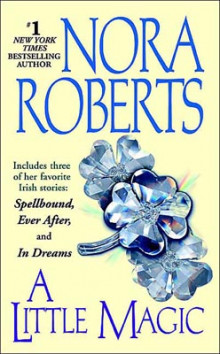 A Little Magic
A Little Magic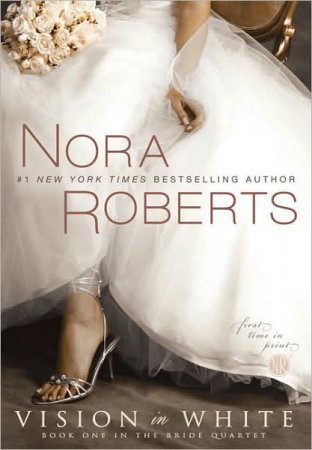 Vision in White
Vision in White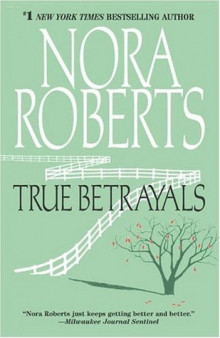 True Betrayals
True Betrayals The Next Always
The Next Always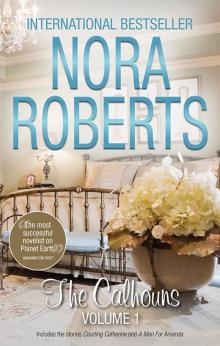 A Man for Amanda
A Man for Amanda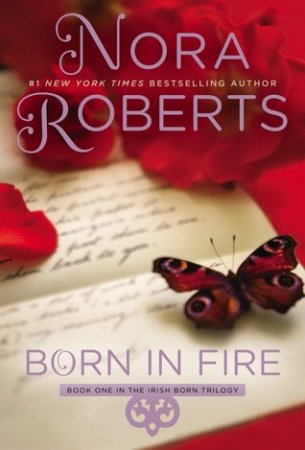 Born in Fire
Born in Fire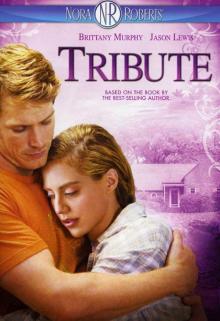 Tribute
Tribute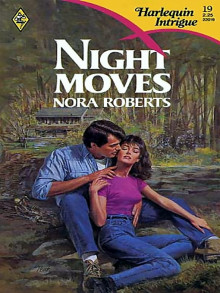 Night Moves
Night Moves Dance Upon the Air
Dance Upon the Air The Name of the Game
The Name of the Game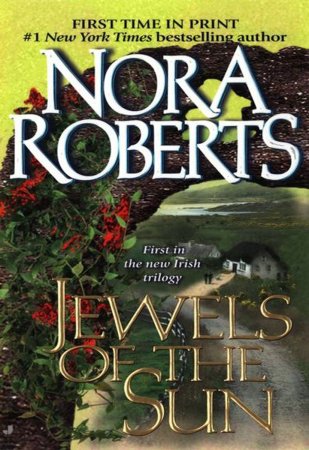 Jewels of the Sun
Jewels of the Sun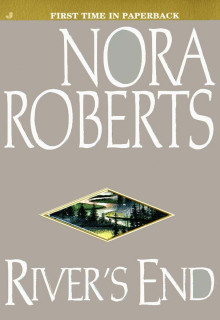 River's End
River's End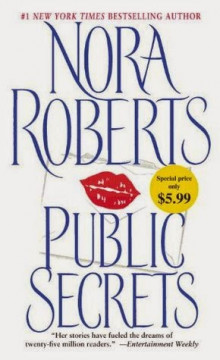 Public Secrets
Public Secrets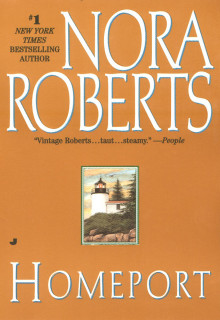 Homeport
Homeport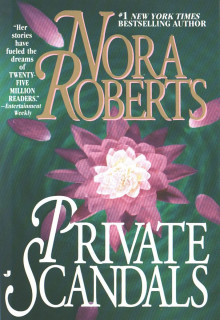 Private Scandals
Private Scandals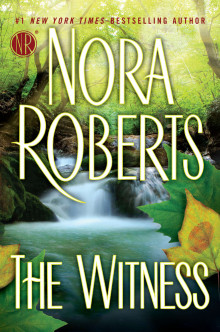 The Witness
The Witness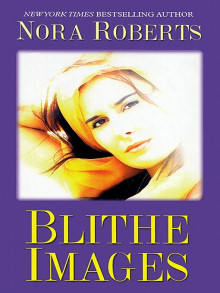 Blithe Images
Blithe Images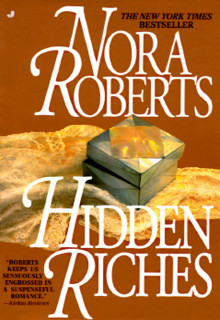 Hidden Riches
Hidden Riches Key of Light
Key of Light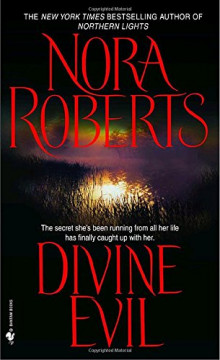 Divine Evil
Divine Evil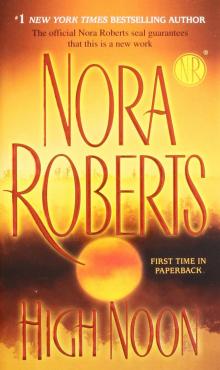 High Noon
High Noon Blue Dahlia
Blue Dahlia Sea Swept
Sea Swept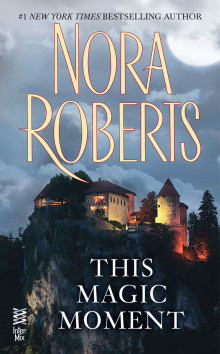 This Magic Moment
This Magic Moment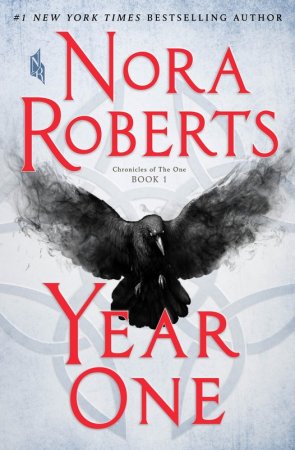 Year One
Year One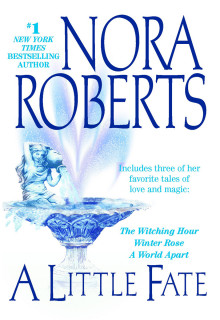 A Little Fate
A Little Fate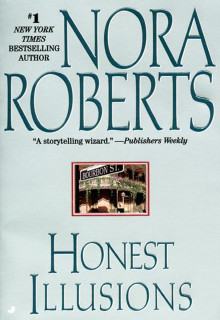 Honest Illusions
Honest Illusions The Reef
The Reef Shelter in Place
Shelter in Place The Hollow
The Hollow Holding the Dream
Holding the Dream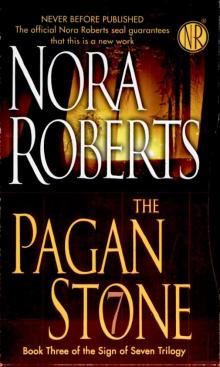 The Pagan Stone
The Pagan Stone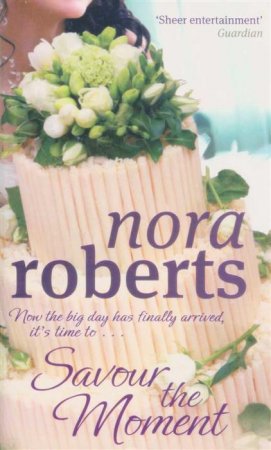 Savour the Moment
Savour the Moment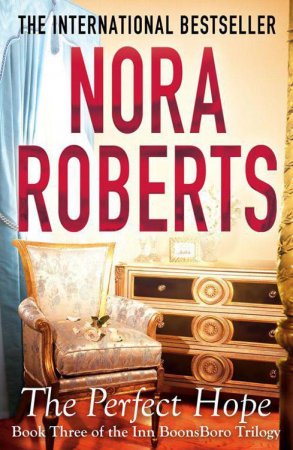 The Perfect Hope
The Perfect Hope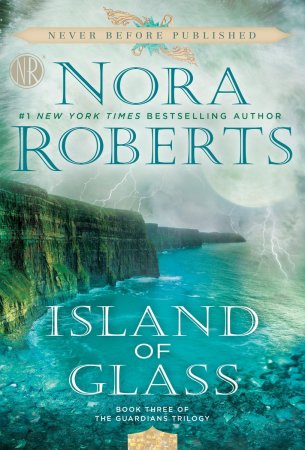 Island of Glass
Island of Glass Happy Ever After
Happy Ever After Bed of Roses
Bed of Roses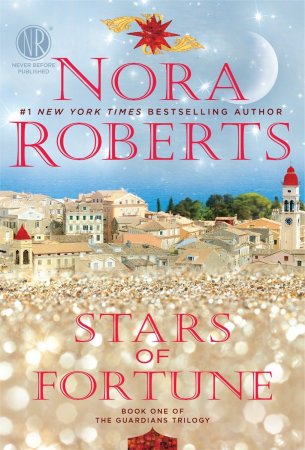 Stars of Fortune
Stars of Fortune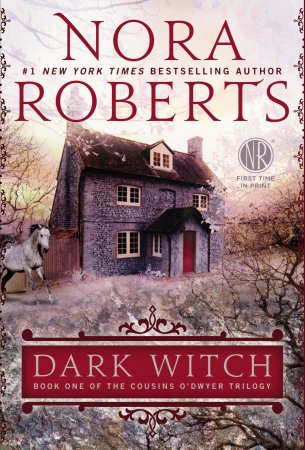 Dark Witch
Dark Witch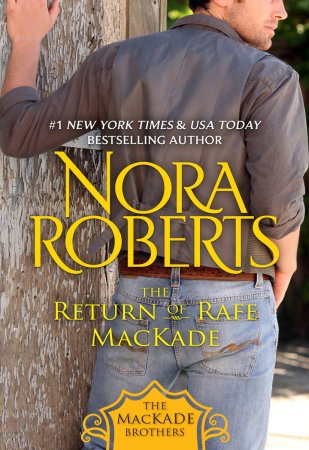 The Return of Rafe MacKade
The Return of Rafe MacKade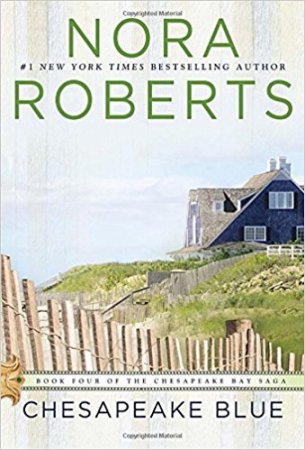 Chesapeake Blue
Chesapeake Blue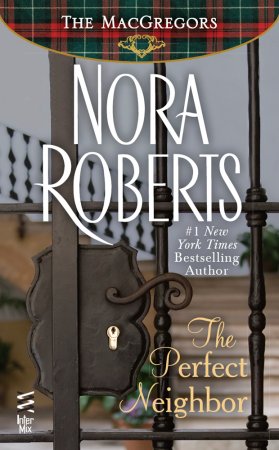 The Perfect Neighbor
The Perfect Neighbor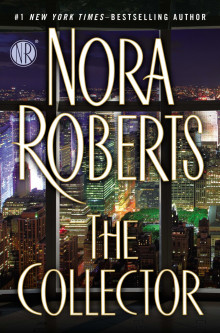 The Collector
The Collector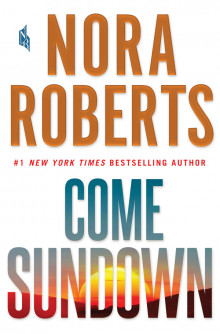 Come Sundown
Come Sundown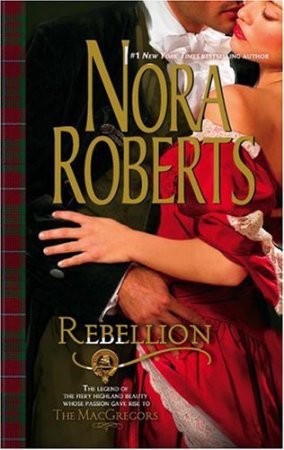 Rebellion
Rebellion Affaire Royale
Affaire Royale Daring to Dream
Daring to Dream Bay of Sighs
Bay of Sighs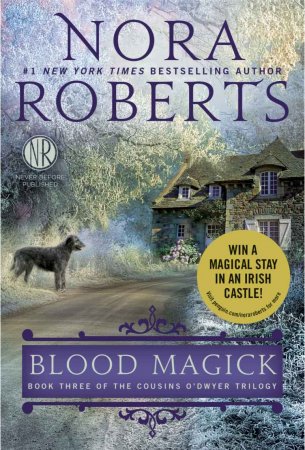 Blood Magick
Blood Magick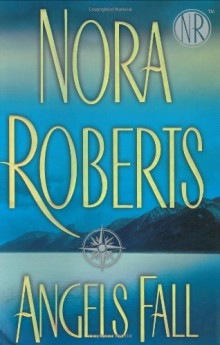 Angels Fall
Angels Fall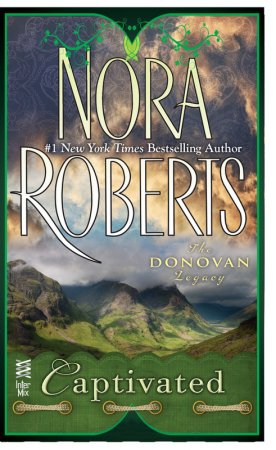 Captivated
Captivated The Last Boyfriend
The Last Boyfriend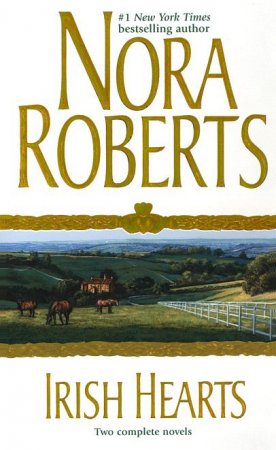 Irish Thoroughbred
Irish Thoroughbred Inner Harbor
Inner Harbor The Right Path
The Right Path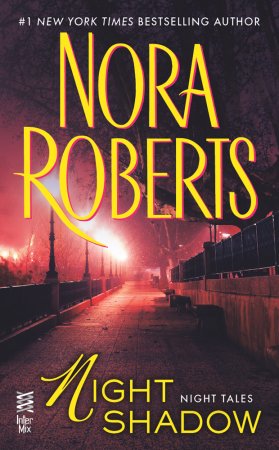 Night Shadow
Night Shadow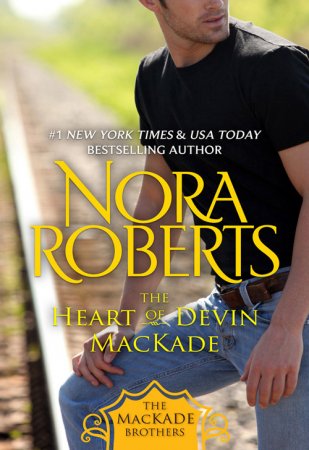 The Heart of Devin MacKade
The Heart of Devin MacKade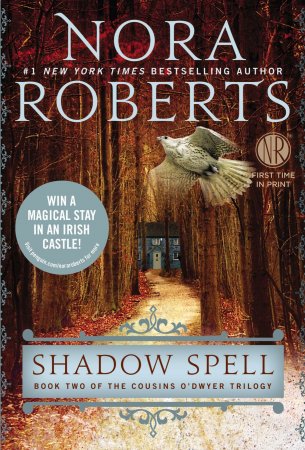 Shadow Spell
Shadow Spell The Playboy Prince
The Playboy Prince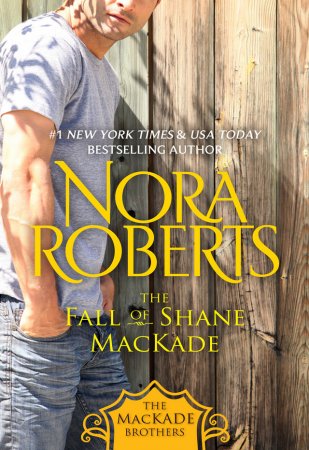 The Fall of Shane MacKade
The Fall of Shane MacKade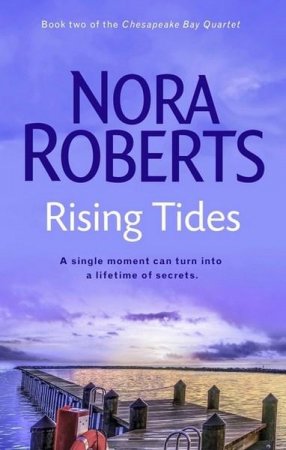 Rising Tides
Rising Tides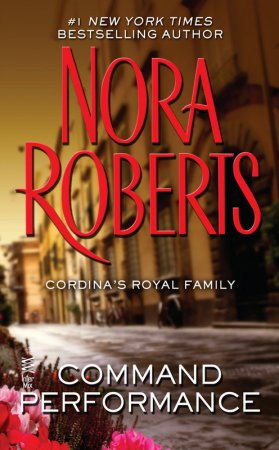 Command Performance
Command Performance Hidden Star
Hidden Star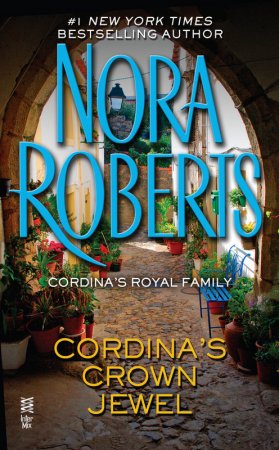 Cordina's Crown Jewel
Cordina's Crown Jewel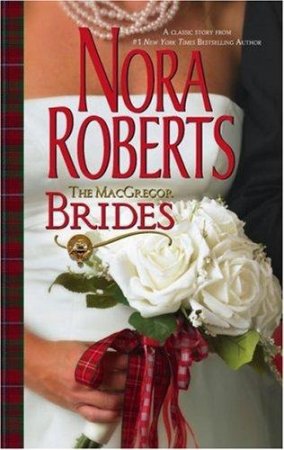 The MacGregor Brides
The MacGregor Brides The Pride of Jared MacKade
The Pride of Jared MacKade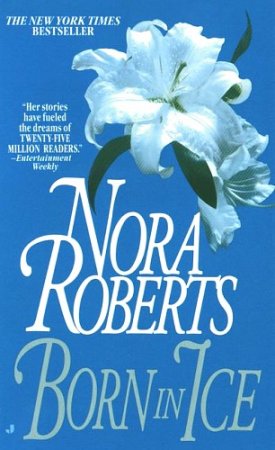 Born in Ice
Born in Ice Whiskey Beach
Whiskey Beach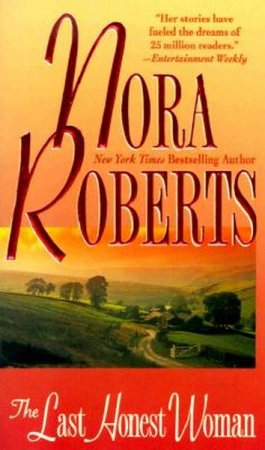 The Last Honest Woman
The Last Honest Woman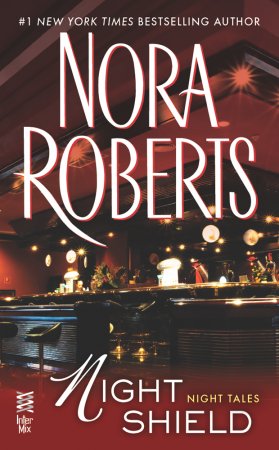 Night Shield
Night Shield Born in Shame
Born in Shame Secret Star
Secret Star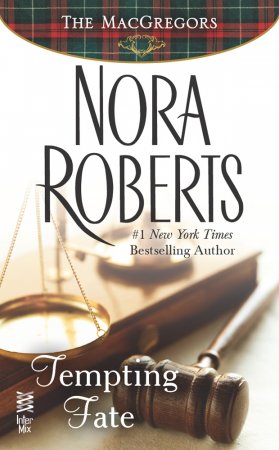 Tempting Fate
Tempting Fate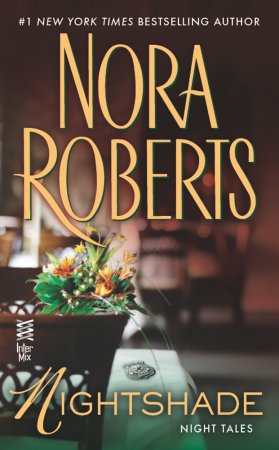 Nightshade
Nightshade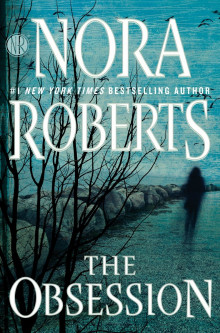 The Obsession
The Obsession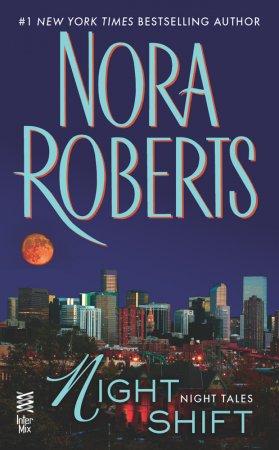 Night Shift
Night Shift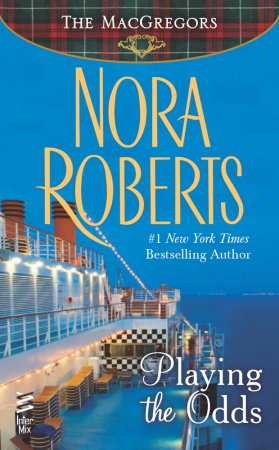 Playing The Odds
Playing The Odds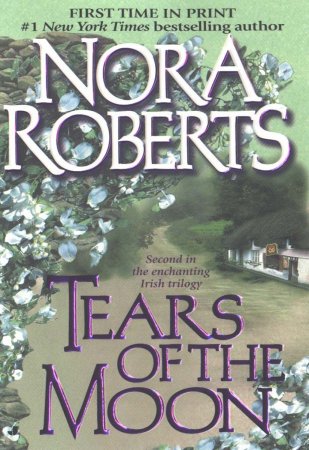 Tears of the Moon
Tears of the Moon One Man's Art
One Man's Art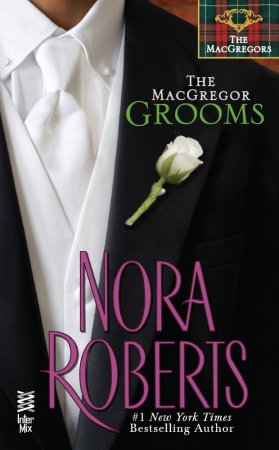 The MacGregor Groom
The MacGregor Groom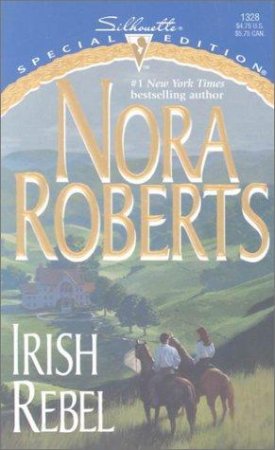 Irish Rebel
Irish Rebel Morrigan's Cross
Morrigan's Cross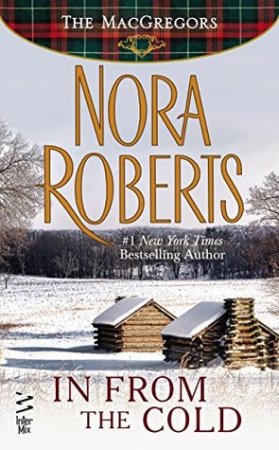 In From The Cold
In From The Cold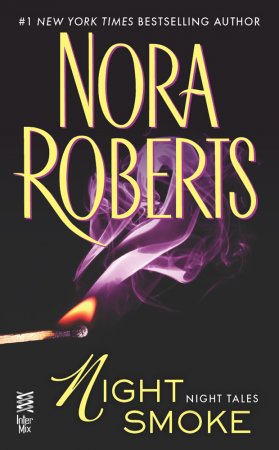 Night Smoke
Night Smoke Finding the Dream
Finding the Dream Red Lily
Red Lily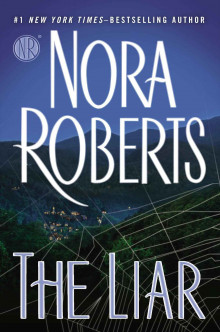 The Liar
The Liar Montana Sky
Montana Sky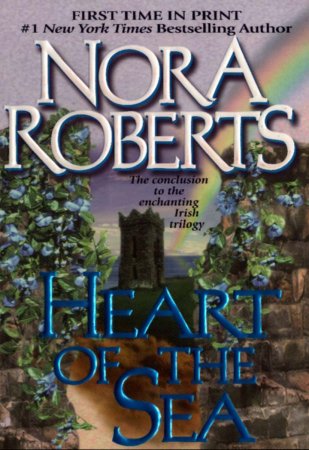 Heart of the Sea
Heart of the Sea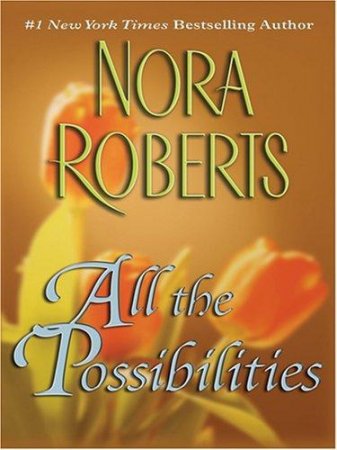 All The Possibilities
All The Possibilities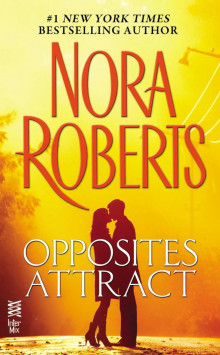 Opposites Attract
Opposites Attract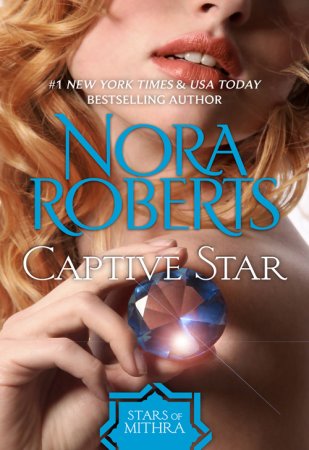 Captive Star
Captive Star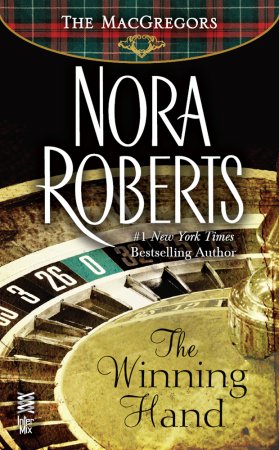 The Winning Hand
The Winning Hand Key of Valor
Key of Valor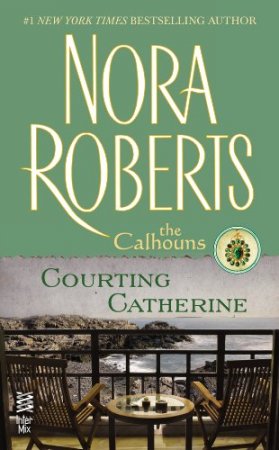 Courting Catherine
Courting Catherine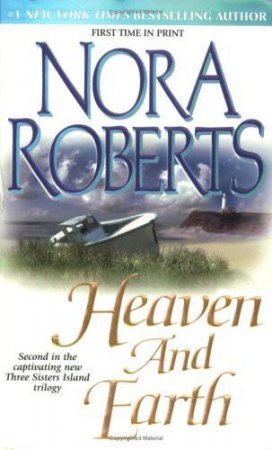 Heaven and Earth
Heaven and Earth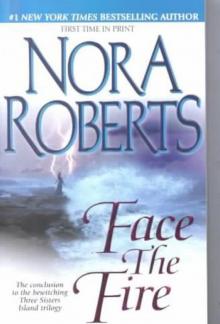 Face the Fire
Face the Fire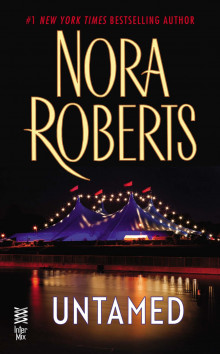 Untamed
Untamed Skin Deep
Skin Deep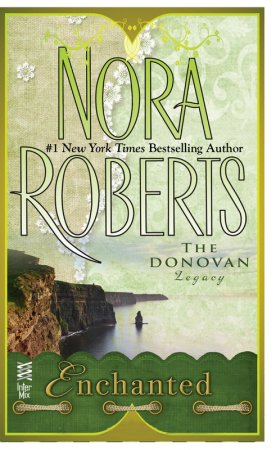 Enchanted
Enchanted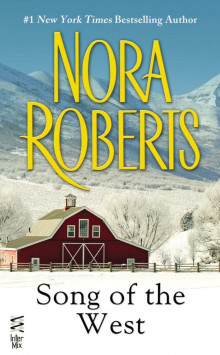 Song of the West
Song of the West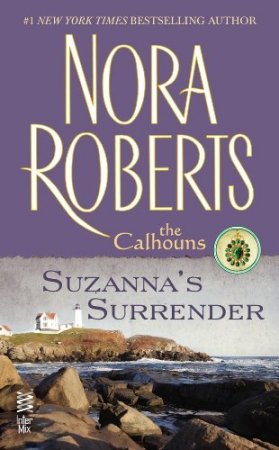 Suzanna's Surrender
Suzanna's Surrender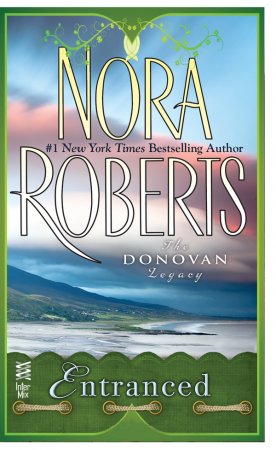 Entranced
Entranced Dance of the Gods
Dance of the Gods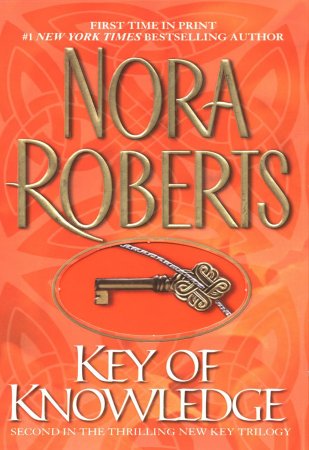 Key of Knowledge
Key of Knowledge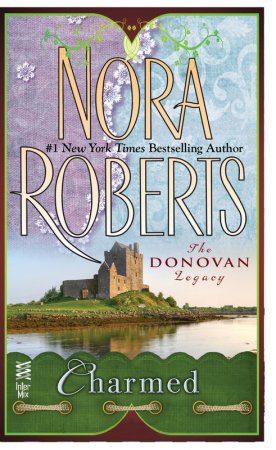 Charmed
Charmed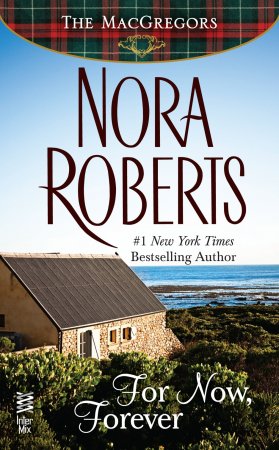 For Now, Forever
For Now, Forever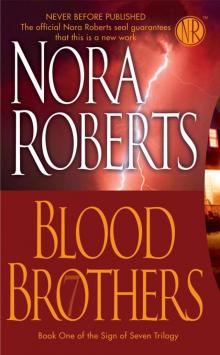 Blood Brothers
Blood Brothers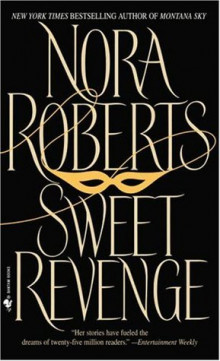 Sweet Revenge
Sweet Revenge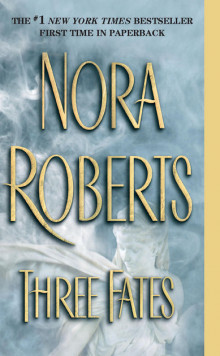 Three Fates
Three Fates Mind Over Matter
Mind Over Matter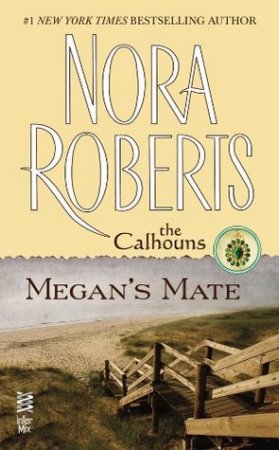 Megan's Mate
Megan's Mate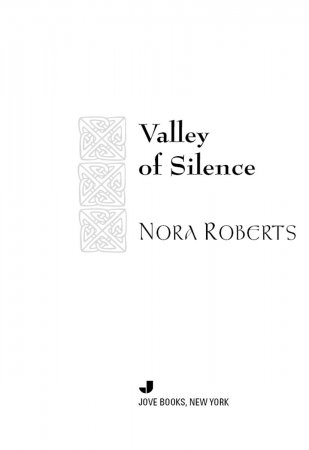 Valley of Silence
Valley of Silence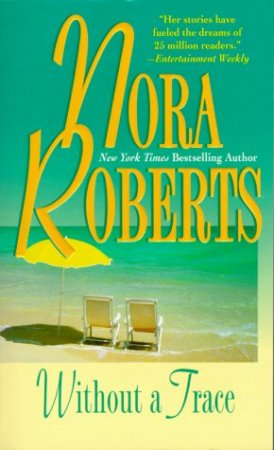 Without A Trace
Without A Trace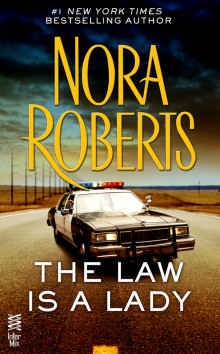 The Law is a Lady
The Law is a Lady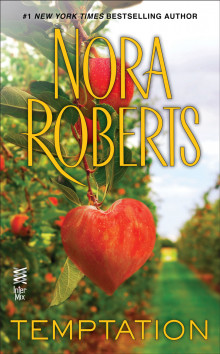 Temptation
Temptation Dance to the Piper
Dance to the Piper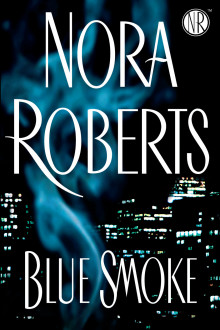 Blue Smoke
Blue Smoke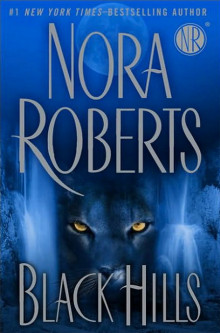 Black Hills
Black Hills The Heart's Victory
The Heart's Victory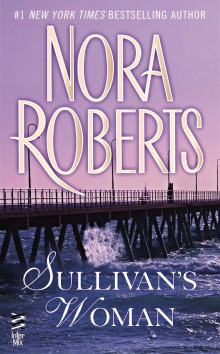 Sullivan's Woman
Sullivan's Woman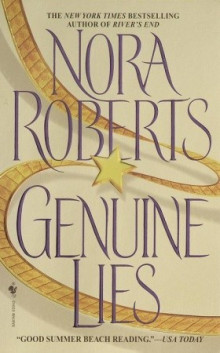 Genuine Lies
Genuine Lies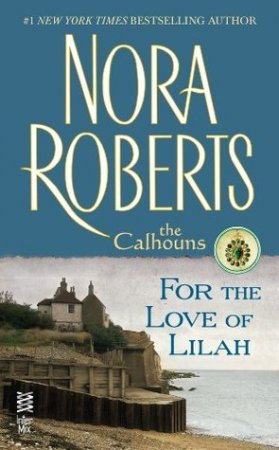 For the Love of Lilah
For the Love of Lilah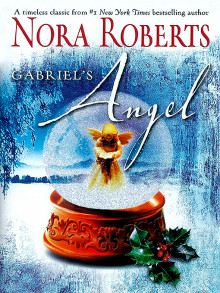 Gabriel's Angel
Gabriel's Angel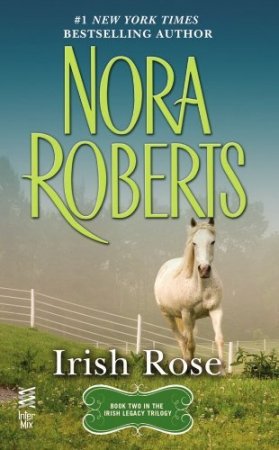 Irish Rose
Irish Rose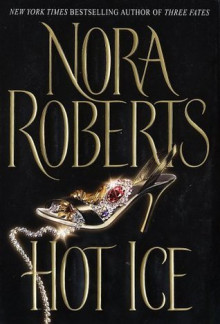 Hot Ice
Hot Ice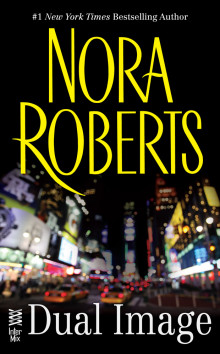 Dual Image
Dual Image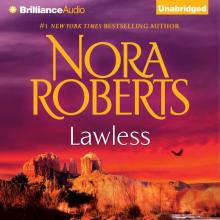 Lawless
Lawless Catch My Heart
Catch My Heart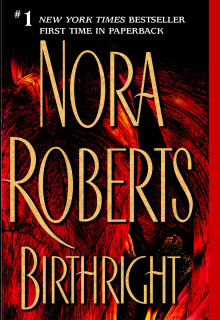 Birthright
Birthright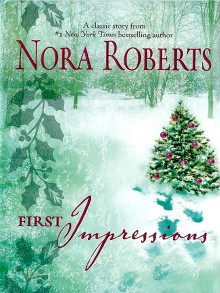 First Impressions
First Impressions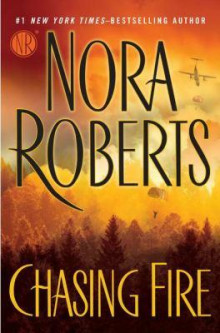 Chasing Fire
Chasing Fire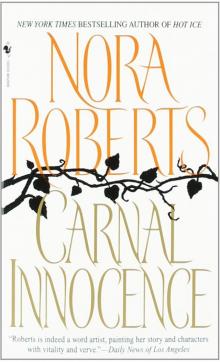 Carnal Innocence
Carnal Innocence Best Laid Plans
Best Laid Plans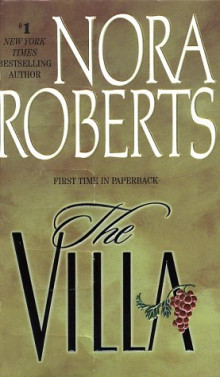 The Villa
The Villa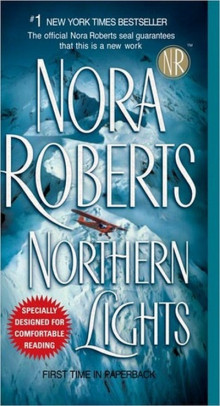 Northern Lights
Northern Lights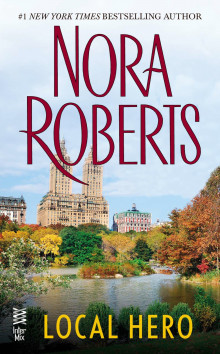 Local Hero
Local Hero Island of Flowers
Island of Flowers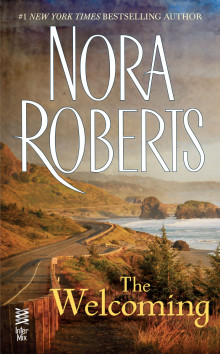 The Welcoming
The Welcoming All I Want for Christmas
All I Want for Christmas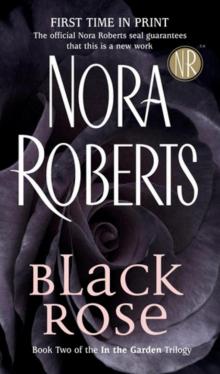 Black Rose
Black Rose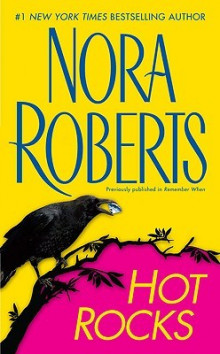 Hot Rocks
Hot Rocks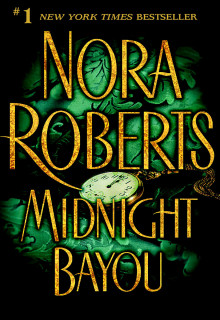 Midnight Bayou
Midnight Bayou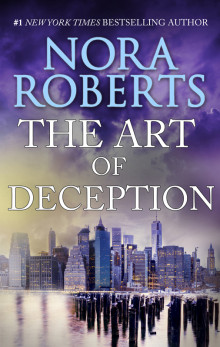 The Art of Deception
The Art of Deception From This Day
From This Day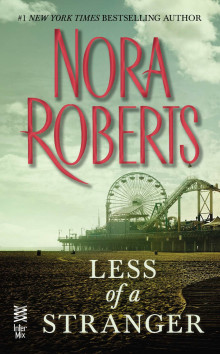 Less of a Stranger
Less of a Stranger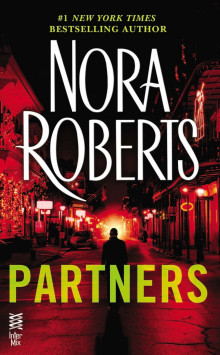 Partners
Partners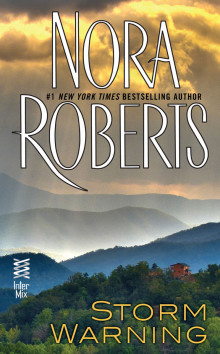 Storm Warning
Storm Warning Once More With Feeling
Once More With Feeling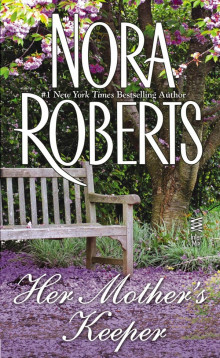 Her Mother's Keeper
Her Mother's Keeper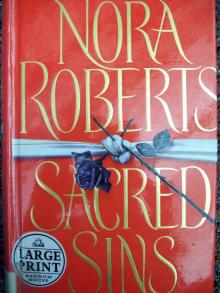 Sacred Sins
Sacred Sins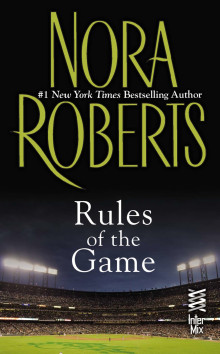 Rules of the Game
Rules of the Game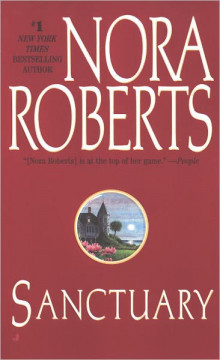 Sanctuary
Sanctuary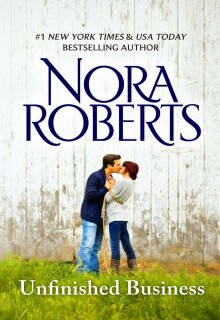 Unfinished Business
Unfinished Business Cordina's Royal Family Collection
Cordina's Royal Family Collection Dangerous Embrace
Dangerous Embrace One Summer
One Summer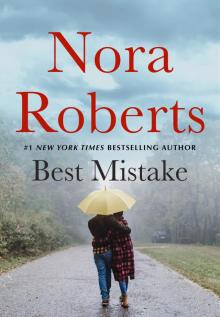 The Best Mistake
The Best Mistake Boundary Lines
Boundary Lines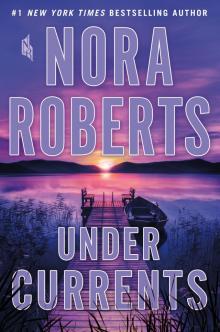 Under Currents
Under Currents The Stanislaski Series Collection, Volume 1
The Stanislaski Series Collection, Volume 1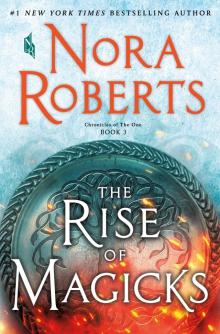 The Rise of Magicks
The Rise of Magicks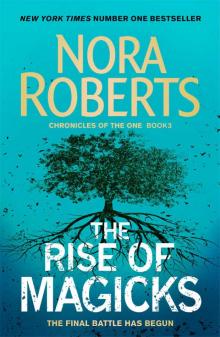 The Rise of Magicks (Chronicles of The One)
The Rise of Magicks (Chronicles of The One) The Awakening: The Dragon Heart Legacy Book 1
The Awakening: The Dragon Heart Legacy Book 1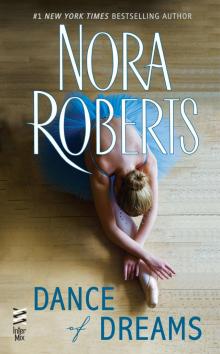 Dance of Dreams
Dance of Dreams Skin Deep: The O'Hurleys
Skin Deep: The O'Hurleys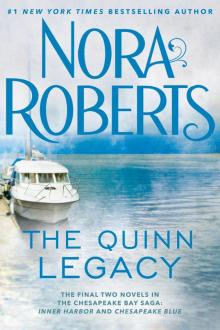 The Quinn Legacy: Inner Harbor ; Chesapeake Blue
The Quinn Legacy: Inner Harbor ; Chesapeake Blue![[Chronicles of the One 03.0] The Rise of Magicks Read online](http://i1.bookreadfree.com/11/chronicles_of_the_one_03_0_the_rise_of_magicks_preview.jpg) [Chronicles of the One 03.0] The Rise of Magicks
[Chronicles of the One 03.0] The Rise of Magicks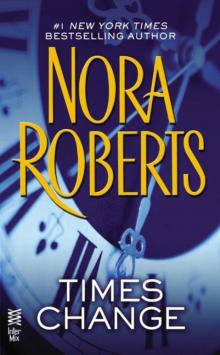 Times Change
Times Change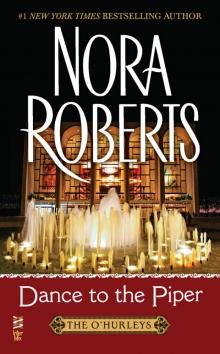 Dance to the Piper: The O'Hurleys
Dance to the Piper: The O'Hurleys Christmas In the Snow: Taming Natasha / Considering Kate
Christmas In the Snow: Taming Natasha / Considering Kate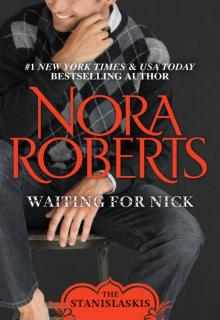 Waiting for Nick
Waiting for Nick Summer Desserts
Summer Desserts Dream 2 - Holding the Dream
Dream 2 - Holding the Dream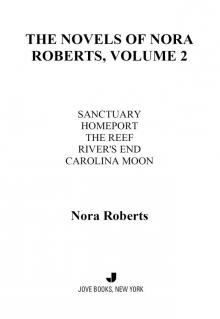 The Novels of Nora Roberts, Volume 2
The Novels of Nora Roberts, Volume 2 In the Garden Trilogy
In the Garden Trilogy Eight Classic Nora Roberts Romantic Suspense Novels
Eight Classic Nora Roberts Romantic Suspense Novels Best Laid Plans jh-2
Best Laid Plans jh-2 From the Heart
From the Heart Holiday Wishes
Holiday Wishes Dream 1 - Daring to Dream
Dream 1 - Daring to Dream Second Nature
Second Nature Summer Pleasures
Summer Pleasures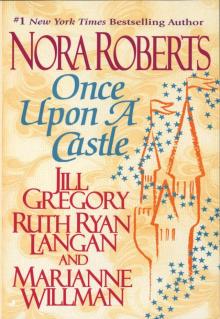 Once Upon a Castle
Once Upon a Castle Stars of Mithra Box Set: Captive StarHidden StarSecret Star
Stars of Mithra Box Set: Captive StarHidden StarSecret Star Impulse
Impulse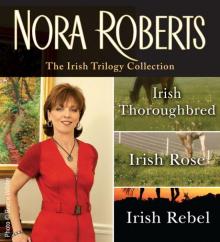 The Irish Trilogy by Nora Roberts
The Irish Trilogy by Nora Roberts The Pride Of Jared Mackade tmb-2
The Pride Of Jared Mackade tmb-2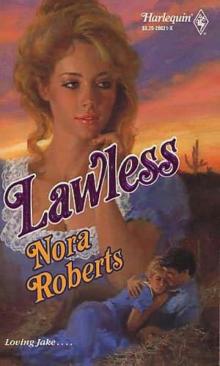 Lawless jh-3
Lawless jh-3 Taming Natasha
Taming Natasha Endless Summer
Endless Summer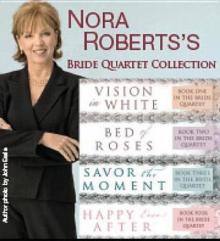 Bride Quartet Collection
Bride Quartet Collection Happy Ever After tbq-4
Happy Ever After tbq-4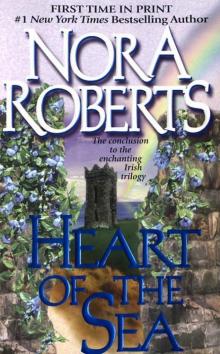 Heart Of The Sea goa-3
Heart Of The Sea goa-3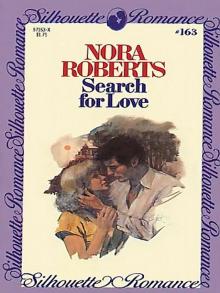 Search for Love
Search for Love Once upon a Dream
Once upon a Dream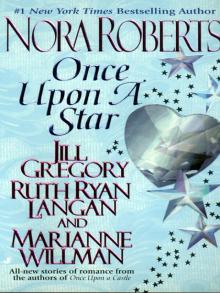 Once Upon a Star
Once Upon a Star Dream Trilogy
Dream Trilogy Risky Business
Risky Business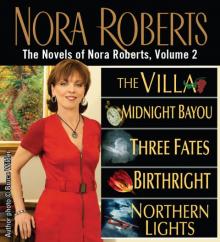 The Novels of Nora Roberts, Volume 3
The Novels of Nora Roberts, Volume 3 Dream 3 - Finding the Dream
Dream 3 - Finding the Dream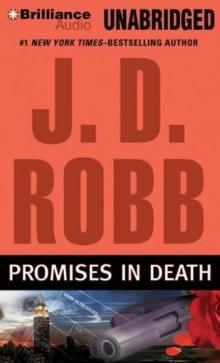 Promises in Death id-34
Promises in Death id-34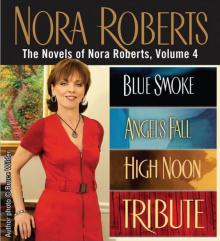 The Novels of Nora Roberts, Volume 4
The Novels of Nora Roberts, Volume 4 The Perfect Hope ib-3
The Perfect Hope ib-3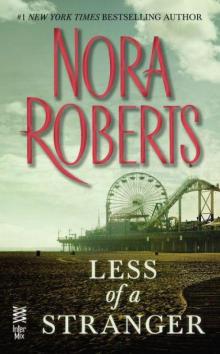 Less than a Stranger
Less than a Stranger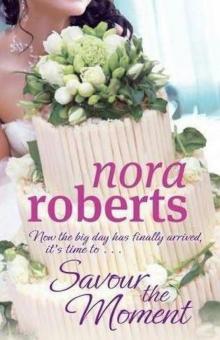 Savour the Moment: Now the Big Day Has Finally Arrived, It's Time To...
Savour the Moment: Now the Big Day Has Finally Arrived, It's Time To... Convincing Alex
Convincing Alex Bed of Roses tbq-2
Bed of Roses tbq-2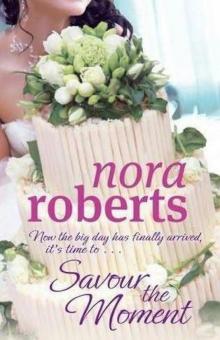 Savour the Moment tbq-3
Savour the Moment tbq-3 Lessons Learned
Lessons Learned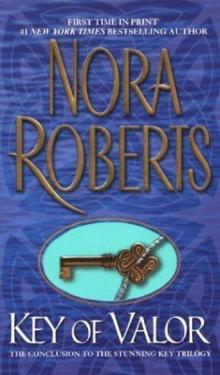 Key Of Valor k-3
Key Of Valor k-3 Red lily gt-3
Red lily gt-3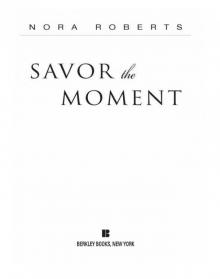 Savor the Moment
Savor the Moment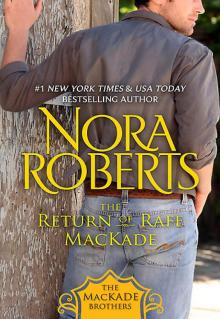 The Return Of Rafe Mackade tmb-1
The Return Of Rafe Mackade tmb-1 For The Love Of Lilah tcw-3
For The Love Of Lilah tcw-3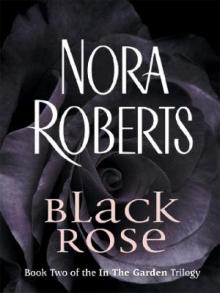 Black Rose gt-2
Black Rose gt-2 Novels: The Law is a Lady
Novels: The Law is a Lady Chesapeake Bay Saga 1-4
Chesapeake Bay Saga 1-4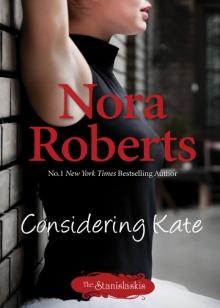 Considering Kate
Considering Kate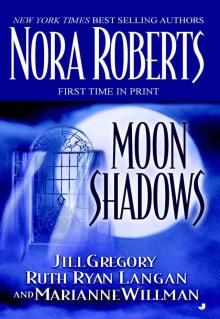 Moon Shadows
Moon Shadows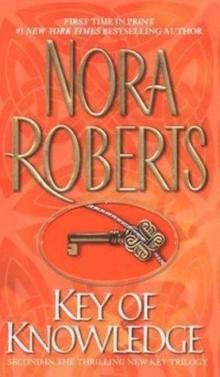 Key of Knowledge k-2
Key of Knowledge k-2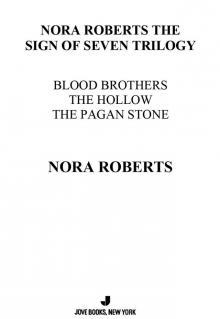 The Sign of Seven Trilogy
The Sign of Seven Trilogy Once Upon a Kiss
Once Upon a Kiss The Novels of Nora Roberts, Volume 5
The Novels of Nora Roberts, Volume 5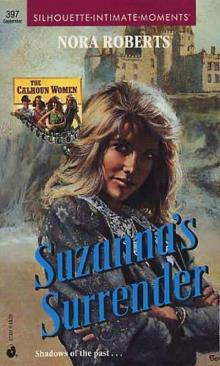 Suzanna's Surrender tcw-4
Suzanna's Surrender tcw-4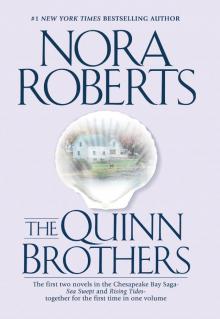 The Quinn Brothers
The Quinn Brothers Falling for Rachel
Falling for Rachel Brazen Virtue
Brazen Virtue Time Was
Time Was The Gallaghers of Ardmore Trilogy
The Gallaghers of Ardmore Trilogy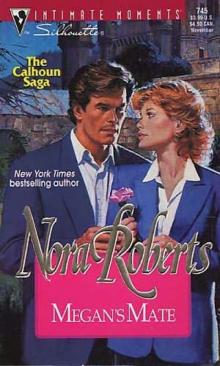 Megan's Mate tcw-5
Megan's Mate tcw-5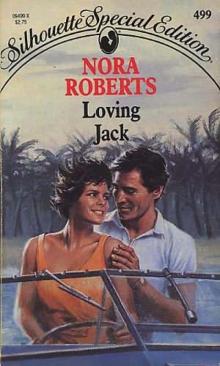 Loving Jack jh-1
Loving Jack jh-1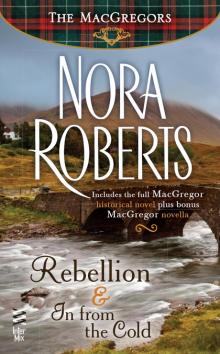 Rebellion & In From The Cold
Rebellion & In From The Cold Blue Dahlia gt-1
Blue Dahlia gt-1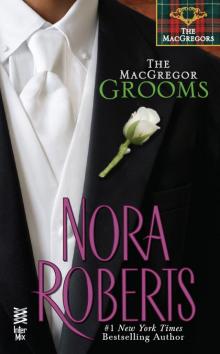 The MacGregor Grooms
The MacGregor Grooms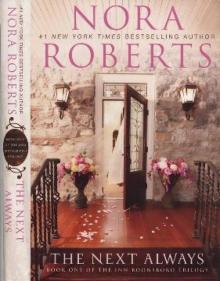 The Next Always tibt-1
The Next Always tibt-1 The Heart Of Devin Mackade tmb-3
The Heart Of Devin Mackade tmb-3 The Novels of Nora Roberts Volume 1
The Novels of Nora Roberts Volume 1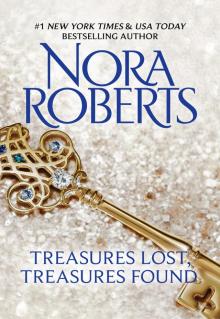 Treasures Lost, Treasures Found
Treasures Lost, Treasures Found Nora Roberts's Circle Trilogy
Nora Roberts's Circle Trilogy The Key Trilogy
The Key Trilogy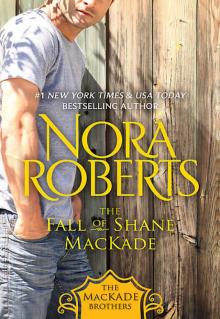 The Fall Of Shane Mackade tmb-4
The Fall Of Shane Mackade tmb-4 A Will And A Way
A Will And A Way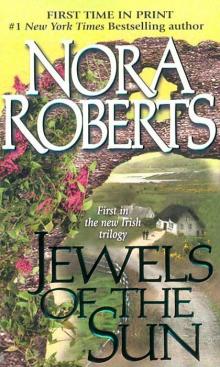 Jewels of the Sun goa-1
Jewels of the Sun goa-1 Luring a Lady
Luring a Lady